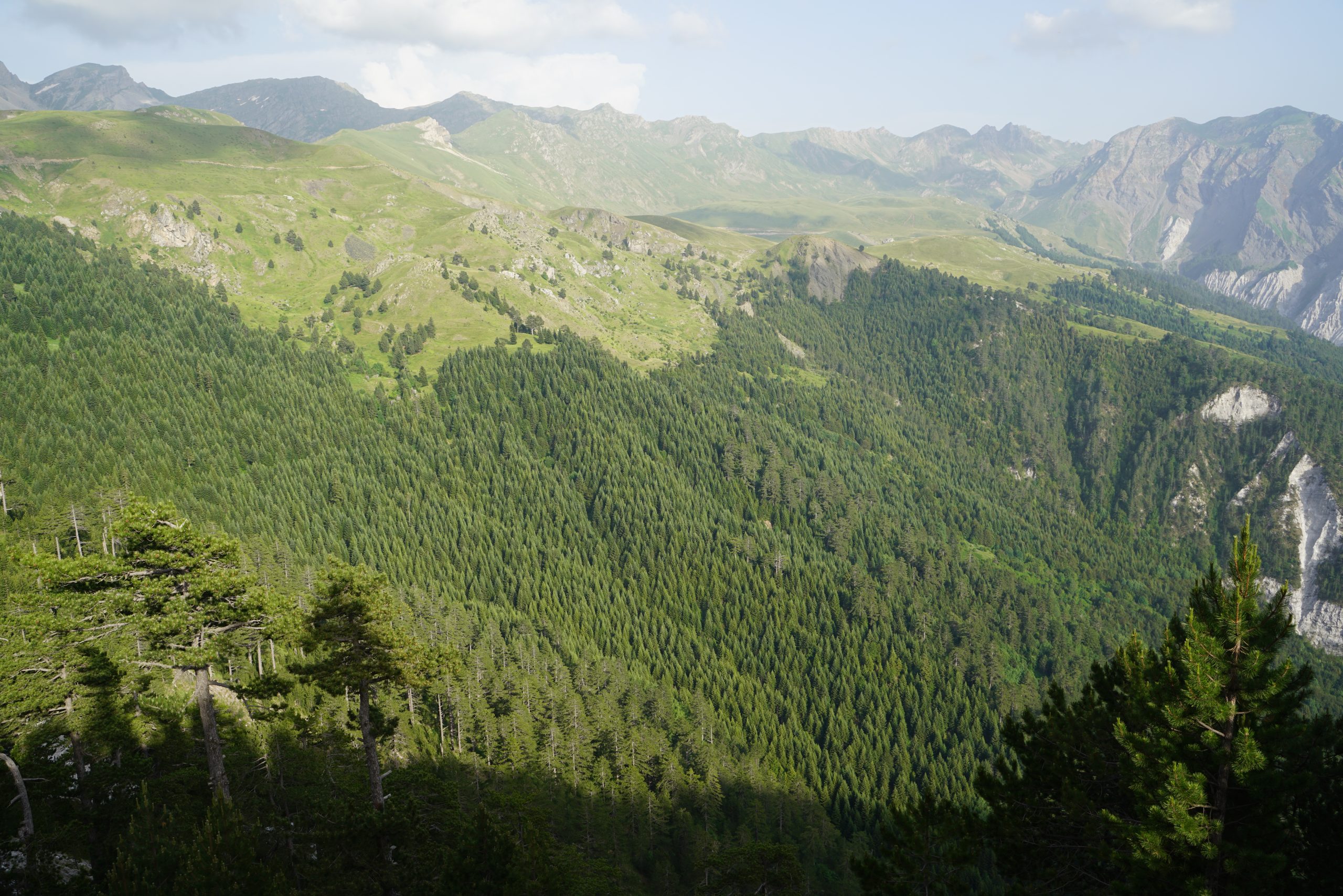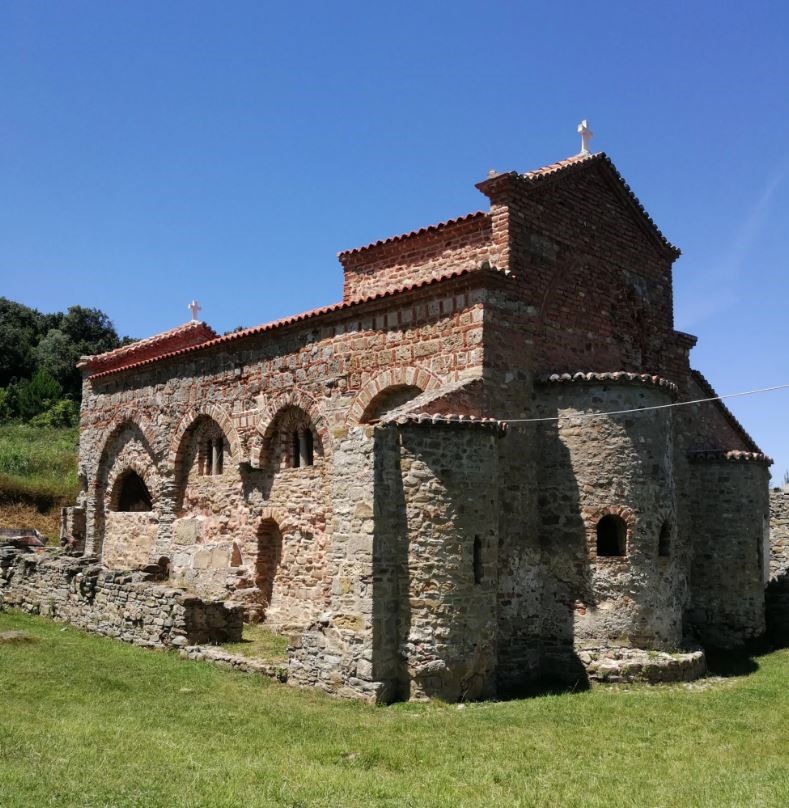Disasters are events that threaten not only resources, urban life, finance and economy, but also human life, where the gender and vulnerability dimension is of indispensible importance. Regardless of the challenges the country faces, the gender+ dimension must be considered at the forefront of action within the disaster risk reduction framework. For the gender+ sensitiveness to have a lasting impact – inclusion in strategies and policies shall be necessary – so that it isn’t reduced to a simple DRR tool, but is converted into a sustainable development initiative. As per the above, it represented the goal of the cooperation between REC Albania and UN Women through actions of the project “Gender Mainstreaming in Disaster Risk Reduction”, which began at the time when the work for drafting the Strategy was in its first steps and had just begun. REC Albania closely followed the progress of the process, carefully scrutinizing the final product – the draft version of the strategy – further outlining a framework of findings and recommendations that are summarized in this document. Additioanlly, REC Albania, through partnership with central institutions, more specifically with the Ministry of Health and Social Protection, found it possible to offer some concrete contributions to the strategy discussion process, for review. The continuity of the progress of this process should be noted as progress, not only because of the opportunities for cooperation it created, but also for the reflection in the final document of some of the recommendations given. However, in conclusion of this process and all the commitments given, it is worth emphasizing that the above represents only a fragment of the efforts that should follow and enrich the work in the future for addressing as outlined earlier; including considerations related to adaptive skills and disaster preparedness, as well as those related to gender mainstreaming and sensitivity to vulnerable groups. ‘Gender Integration in Disaster Risk Reduction’ was implemented by REC Albania in partnership with UN Women and within the project for recovery after the earthquake that was financially supported by the Swedish Government, through the United Nations Sustainable Development Goals fund in Albania. The aim of the project was to develop gender and vulnerability driven contributions to furtherly improve strategic documents, as well as increase knowledge and engagement at several levels, namely: i) The national documents, namely the National Draft Strategy for Distater Risk Reduction – NSDRR, 2020-2030; ii) The local govenrmnt units, of Lezhë, Kamëz, Durres, Fushë Krujë, Vorë which are the first front to deal with natural disasters; iii) The vulnerable groups (young people, women, the elderly, children, the disabled, etc.) from these local communities.





